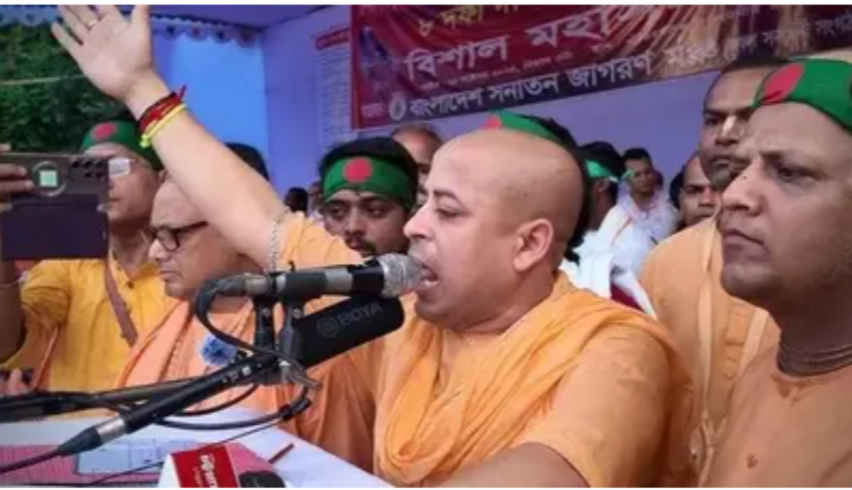In the Maharashtra Assembly Elections, Aazad Samaj Party’s Ajaz Khan, a former Bigg Boss contestant, attempted politics, but his efforts attracted attention for all the wrong reasons. Khan managed just 153 votes in the Versova seat, which was surpassed only by the ‘None Of The Above’ (NOTA) option, which drew 1,298 votes. His performance did not go unnoticed and the social media platforms were quick to target him with comical memes and jokes.
From Reality TV to Political Reality
Khan, an Instagram sensation with more than 5.6 million followers, was unable to garner offline support. It is not his first time trying to pursue politics; he unsuccessfully contested during the general elections in Mumbai North Central earlier. He has tried to present himself to the general public as their representative yet the backbone of the campaign that could resonate with voters was missing.
As their counting started, Khan figured massively behind other contestants, which raised questions about the effectiveness of celebrities in politics. Critics pointed out that there was a huge disparity between his social media popularity and his political career. Other politicians from the area were more visible to voters than him, despite his claims that “EVMs did not work properly,” which most of them rejected as imaginary.
A Social Media Sensation for the Wrong Reasons
The memes following Khan’s electoral failure were far too many for the Internet to ignore. People on platforms such as X (Twitter) humorously noted that his vote tally could almost be regarded as the number of people who attend a local errand. One follower posted disdainfully “NOTA is better than Bigg Boss,” while another noted, “Ajaz Khan’s followers on Instagram should have gone to the polling booth.” This combination of tenor and trolling signified the maturity level vis a vis expectations, of the people worldwide who witnessed this.
Khan, on the other hand, stood his ground and stated that the political loss would not hold him back from doing what he loved the most: social work. “This is just a step in my journey. I will continue to work for the people,” he stated in a post-election interview.
Lessons in Politics and Popularity
Ajaz’s ‘electoral misadventure’ fails to present him as any sort of goodwill ambassador, but helps one realize the career limiting factor: popularity on social media does not mean much in politics. Yes, there is, and will be, a strong presence on social media by particular constructions, elections aside that is, but factors such as no involvement from voters and poor ideologies, bulldoze his attempt of running for politics. These results also pose an interesting conundrum concerning the viability of celebrity-led political campaigns that rely on popularity without community contact.
Despite the humor surrounding his loss, Khan’s journey reflects the unpredictability of democracy, where even fame and a significant follower base cannot guarantee success. Whether Ajaz Khan will attempt another political comeback remains uncertain, but his story serves as a reminder that authenticity and direct connection with voters is critical for any political aspirant.





